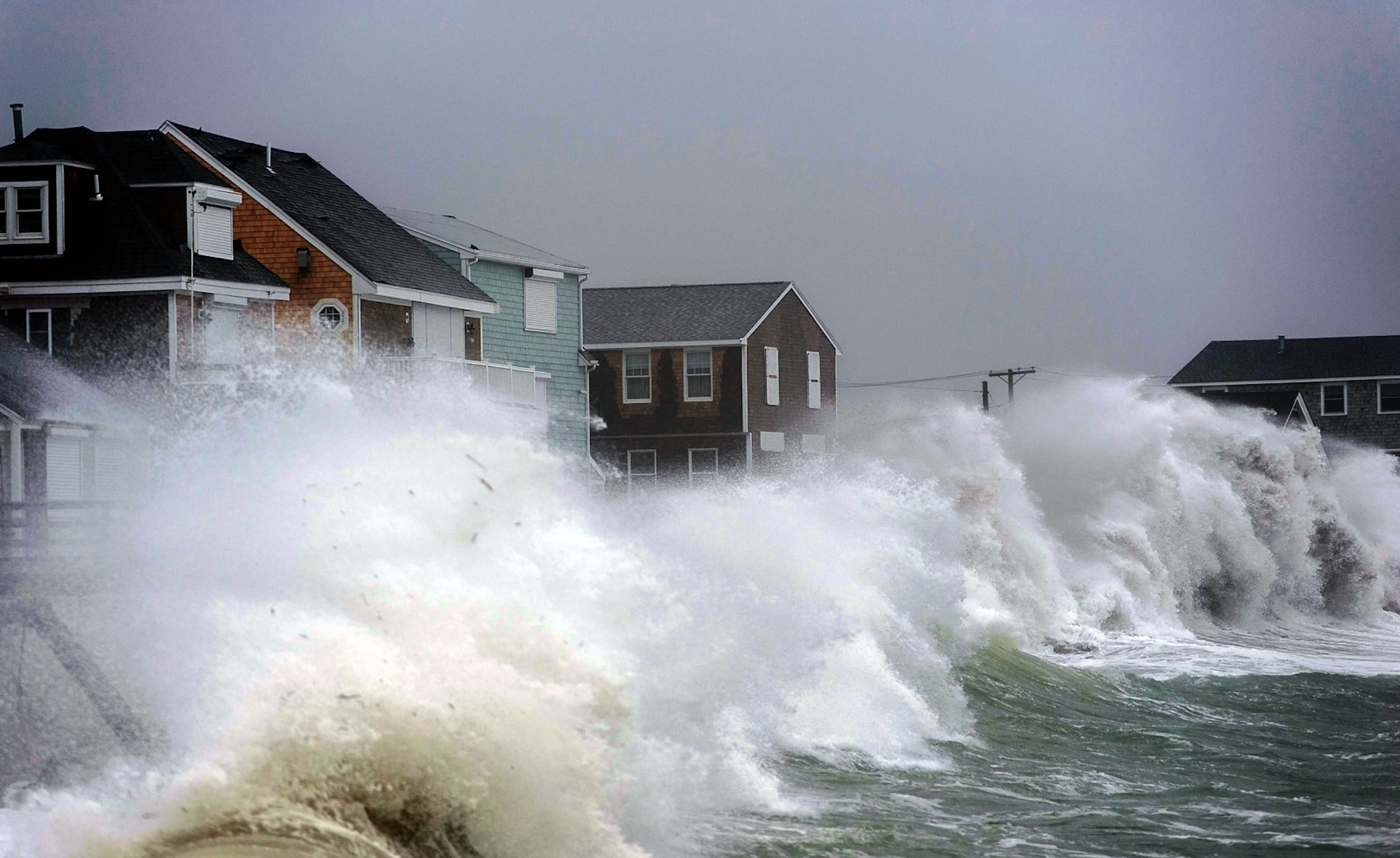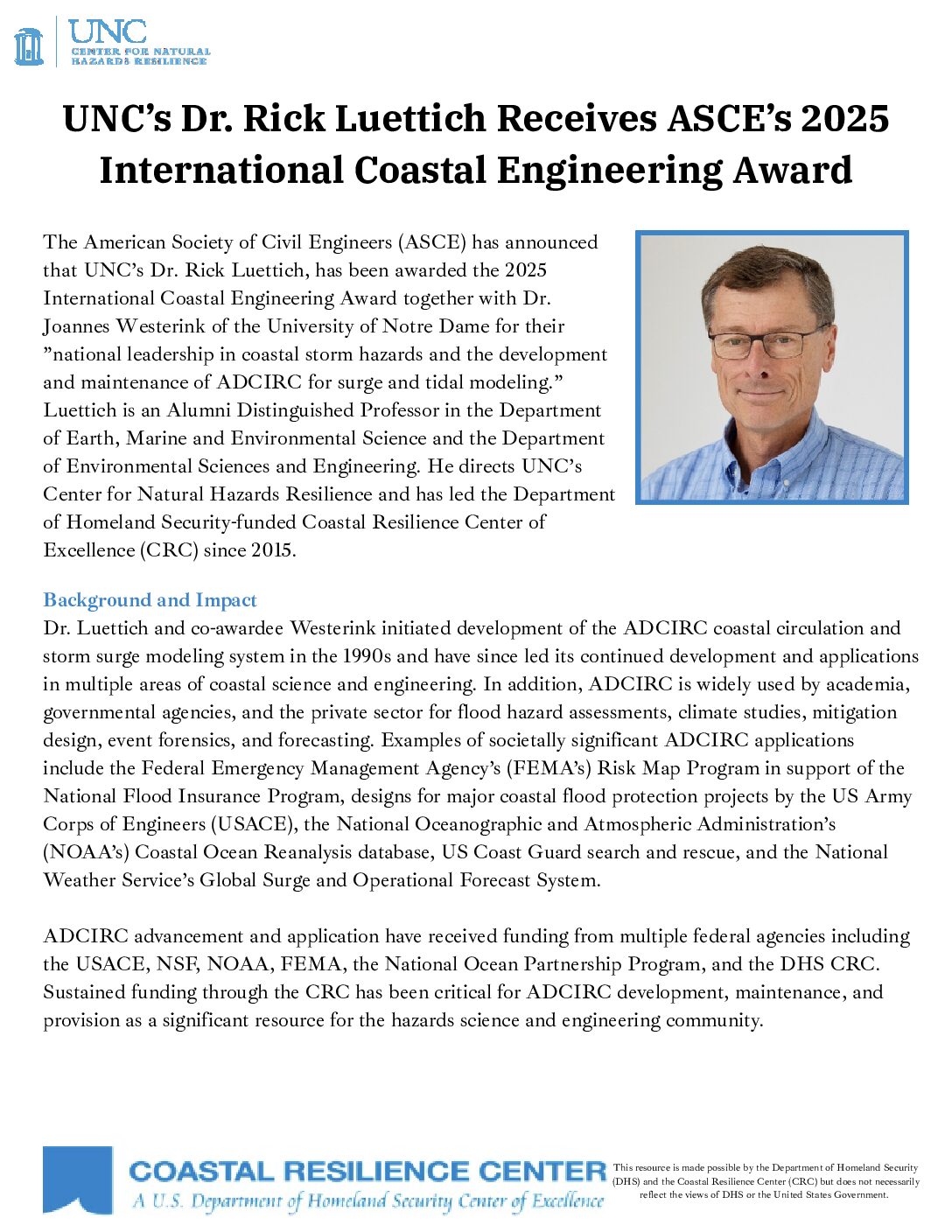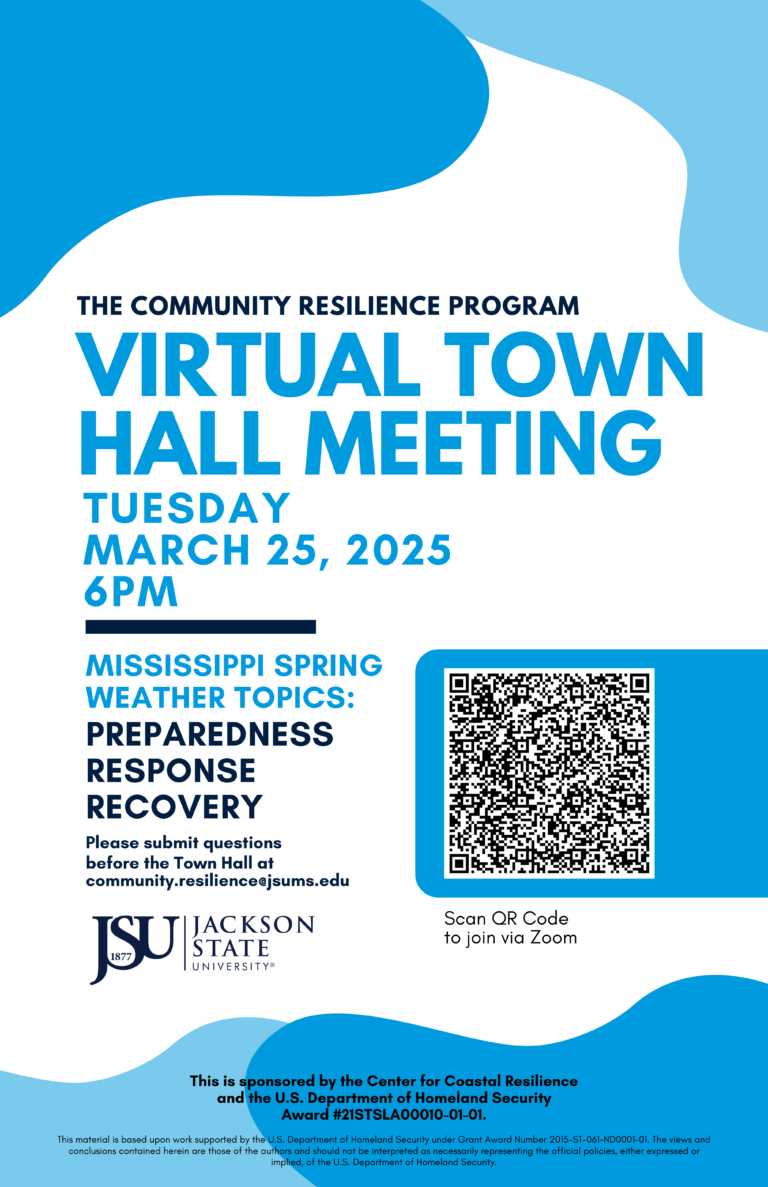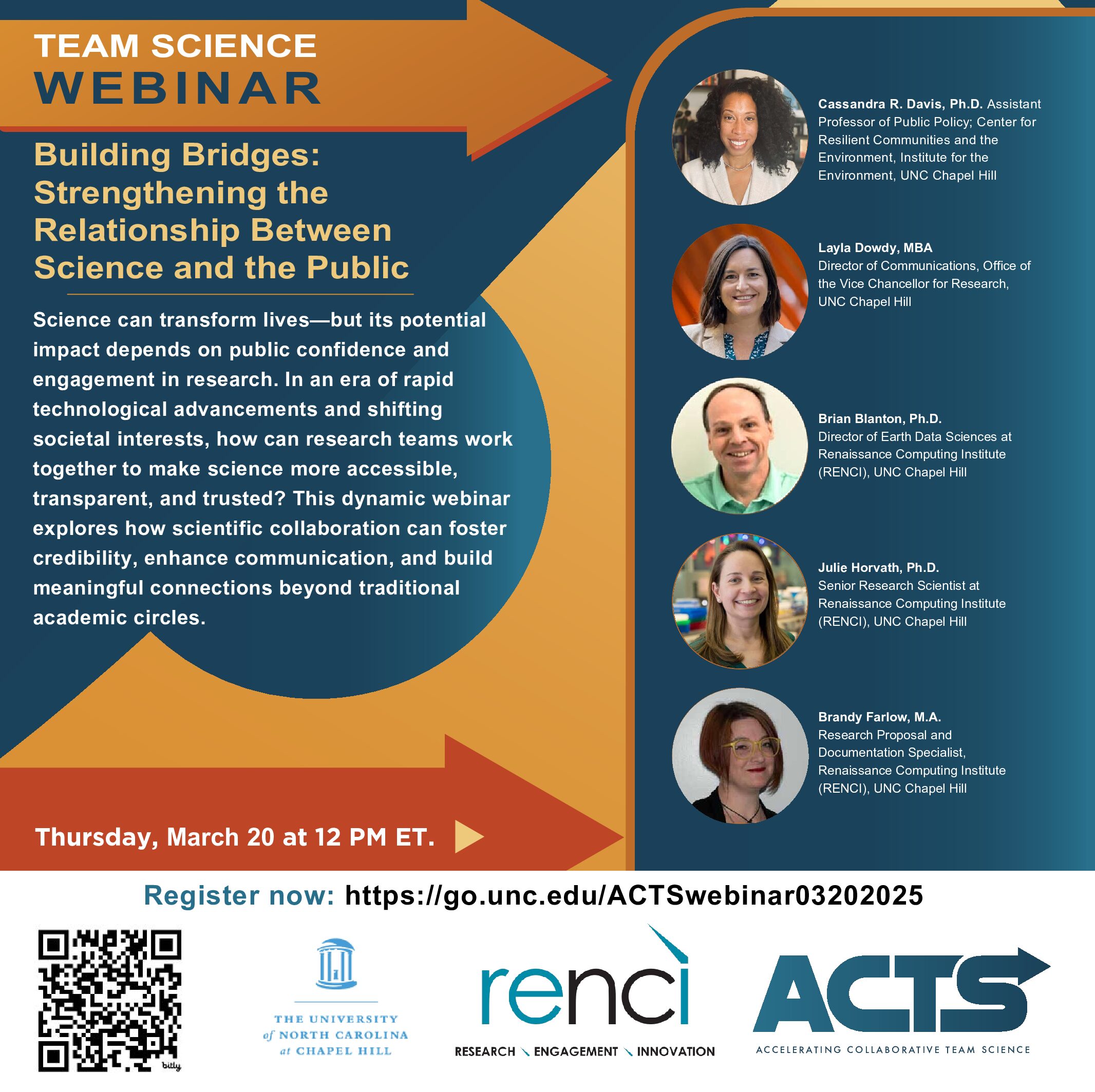The CRC conducts research and education to enhance the resilience of people, infrastructure, economies, and the natural environment to the impacts of coastal hazards such as floods and hurricanes.
Find out more about our unique research on coastal hazards:
OUR IMPACT
ABOVE AND BEYOND
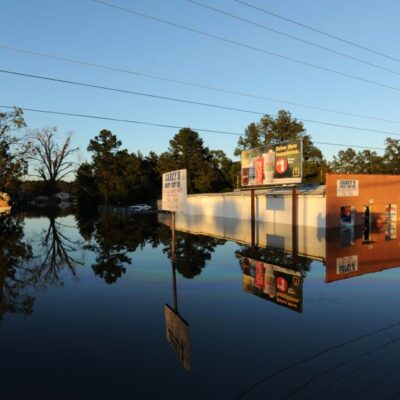
Protecting flood-prone communities
CRC developed the Advanced Circulation (ADCIRC™) Prediction System (APS™) to predict location and severity of coastal flooding. APS is being used to execute search-and-clear operations, position resources in advance of storms, aid evacuation, and make preliminary damage assessments.
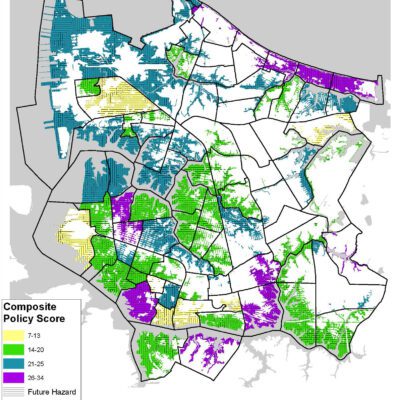
Guiding resilient planning and rebuilding
The Plan Integration for Resilience Scorecard (PIRS) is used to assess a community’s network of plans to evaluate their ability to work collectively to reduce future flooding and storm risks.
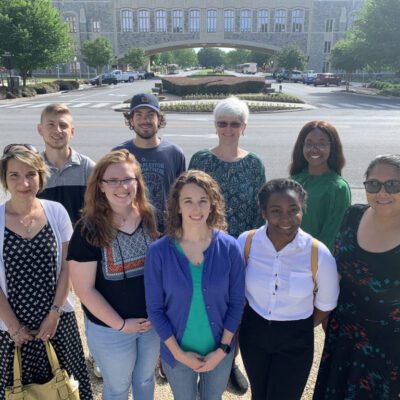
Educating the next generation of hazards professionals
Through education programs, CRC educates future hazard researchers, educators and practitioners, emphasizing the development of courses, minors, and certificate programs.
Recent News
UNC’s Dr. Rick Luettich Receives ASCE’s 2025 International Coastal Engineering Award
Virtual Town Hall Meeting
Building Bridges: Strengthening the Relationship Between Science and the Public
COMMITTED PARTNERS. APPLIED RESEARCH.
“I won’t show up to hurricane season without ADCIRC™.”
Rear Admiral Peter J. Brown (ret.), Commander, 7th Coast Guard District, in 2017 about his experience using the ADCIRC Prediction System to inform decisions during hurricanes Irma and Maria.
This material is based upon work supported by the U.S. Department of Homeland Security under Grant Award Number 2015-ST-061-ND0001-01. The views and conclusions contained herein are those of the authors and should not be interpreted as necessarily representing the official policies, either expressed or implied, of the U.S Department of Homeland Security.

